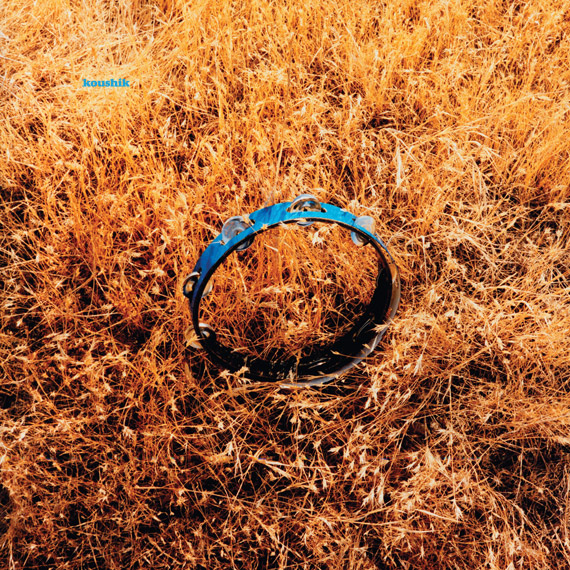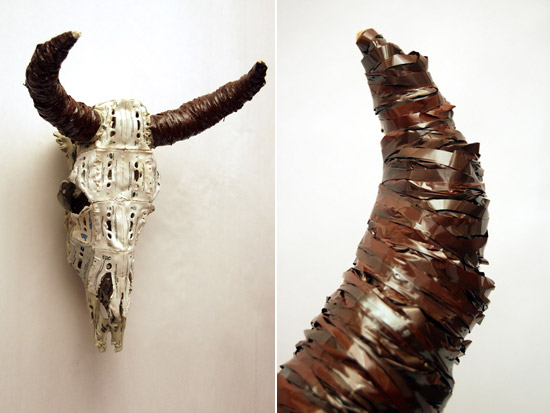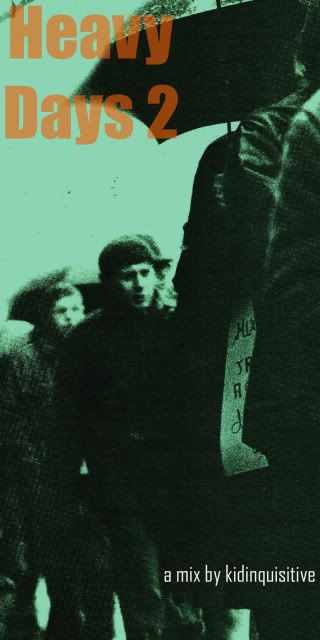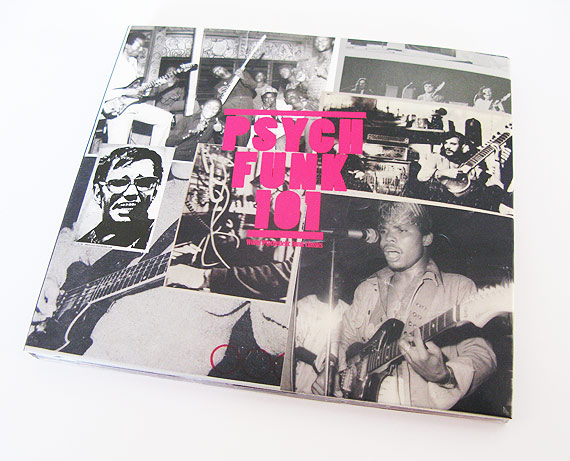





 Mulatu Astatke assinou juntamente com os Heliocentrics um belíssimo concerto no espaço das Tercenas do Marquês que se revelou pleno de potencial. Parabéns ao Africa.Cont, portanto. O evento contou ainda com as prestações do Kora jazz Trio e dos Ferro Gaita, mas confesso que o que me importava mais no dia de ontem era mesmo a prestação dos Heliocentrics e de Mulatu e essa foi carregada de emoções. Free funk mais ethio jazz sem compromissos, com um teclista inundado de ácido, um violoncelista interessado em figurações mais abstractas e um bateria estreante (Malcolm Catto não dirigiu, como de habitual, os seus Heliocentrics) que segurou as deambulações do ensemble com mão precisa, mas subtil. Dois sopros - um saxofonista e um polivalente que se dividiu entre o trompete, o fliscorne e um pífaro ultra-processado -, um percussionista também flautista que comunicava com a audiência em português do Brasil, um guitarrista e um baixista compunham os Heliocentrics que sustentaram os contidos gestos de Mulatu em percussões, Rhodes e vibrafone. As melodias do ethio jazz criado por Mulatu na Nova Iorque dos anos 60 serviram de ponto de partida para explorações mais ou menos cósmicas, certamente livres de qualquer tentação de facilitismo que se pudesse pensar que os assaltaria no primeiro contacto com uma nova audiência.
Mulatu Astatke assinou juntamente com os Heliocentrics um belíssimo concerto no espaço das Tercenas do Marquês que se revelou pleno de potencial. Parabéns ao Africa.Cont, portanto. O evento contou ainda com as prestações do Kora jazz Trio e dos Ferro Gaita, mas confesso que o que me importava mais no dia de ontem era mesmo a prestação dos Heliocentrics e de Mulatu e essa foi carregada de emoções. Free funk mais ethio jazz sem compromissos, com um teclista inundado de ácido, um violoncelista interessado em figurações mais abstractas e um bateria estreante (Malcolm Catto não dirigiu, como de habitual, os seus Heliocentrics) que segurou as deambulações do ensemble com mão precisa, mas subtil. Dois sopros - um saxofonista e um polivalente que se dividiu entre o trompete, o fliscorne e um pífaro ultra-processado -, um percussionista também flautista que comunicava com a audiência em português do Brasil, um guitarrista e um baixista compunham os Heliocentrics que sustentaram os contidos gestos de Mulatu em percussões, Rhodes e vibrafone. As melodias do ethio jazz criado por Mulatu na Nova Iorque dos anos 60 serviram de ponto de partida para explorações mais ou menos cósmicas, certamente livres de qualquer tentação de facilitismo que se pudesse pensar que os assaltaria no primeiro contacto com uma nova audiência.Depois do concerto, Mulatu concedeu-me uma entrevista que hei-de por aqui reproduzir dentro de algum tempo. Falou com entusiasmo, entre outras coisas, da próxima edição que a Strut lhe reserva e cuja informação citamos do site, aqui em baixo.

Vibraphone and keyboard player, master arranger and bandleader, Mulatu Astatke is one of the all-time greats of Ethiopian music and the creator of his own original music form, Ethio jazz. Through the acclaimed Ethiopiques album series and through featuring on the soundtrack to the Jim Jarmusch film Broken Flowers, his music has belatedly reached a global audience and a new, younger generation of fans. In November of last year, he recorded an inspired new album with London psych jazz band The Heliocentrics for Strut’s ‘Inspiration Information’ studio collaboration series. Now, Strut are proud to present, for the first time anywhere, the definitive Mulatu career retrospective covering his landmark ‘60s and ‘70s recordings.
Mulatu is a true pioneer of African music. He was the first Ethiopian musician of his generation to travel extensively and to record abroad – he studied in the UK in Wales and at Trinity College Of Music in London, cutting his teeth on the buoyant London jazz scene of the early ‘60s. He became the first African student to attend Harvard and he lived and recorded in New York, developing a unique sound that fused Western jazz with traditional Ethiopian melodies. As Mulatu says, “it took a long time to get the balance, to let the colours and the feelings of the Ethiopian modes shine through.” Returning to ‘Swinging Addis’ during the late ’60s, he became a pivotal figure, arranging for many of the country’s top vocalists and developing rich, dense textures in his own music during the final years of Selassie’s reign and the mid-‘70s rule of the Derg Communist military junta.
Tracing the progression of his Ethio jazz experiments with full access to all of the labels for whom he recorded, Mulatu Astatke: New York-Addis-London is the essential Mulatu. Covering his first recordings in the UK during 1965, his groundbreaking fusions for the small Worthy label in New York and his key ‘70s recordings back in Addis on Amha, Phillips and Axum, the album features comprehensive sleeve notes by Miles Cleret, boss of the excellent Soundway Records imprint, and rare, previously unseen photos from Mulatu’s personal archive.
Mil obrigados ao Rodrigo Madeira pelas belíssimas fotos que ilustram na perfeição a grande performance de Mulatu e dos Heliocentrics na noite de ontem.






























